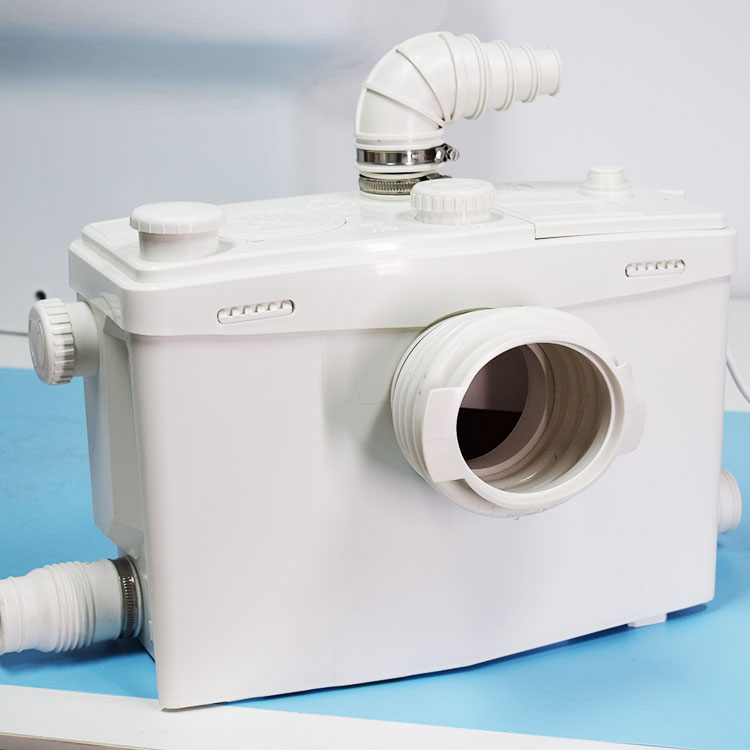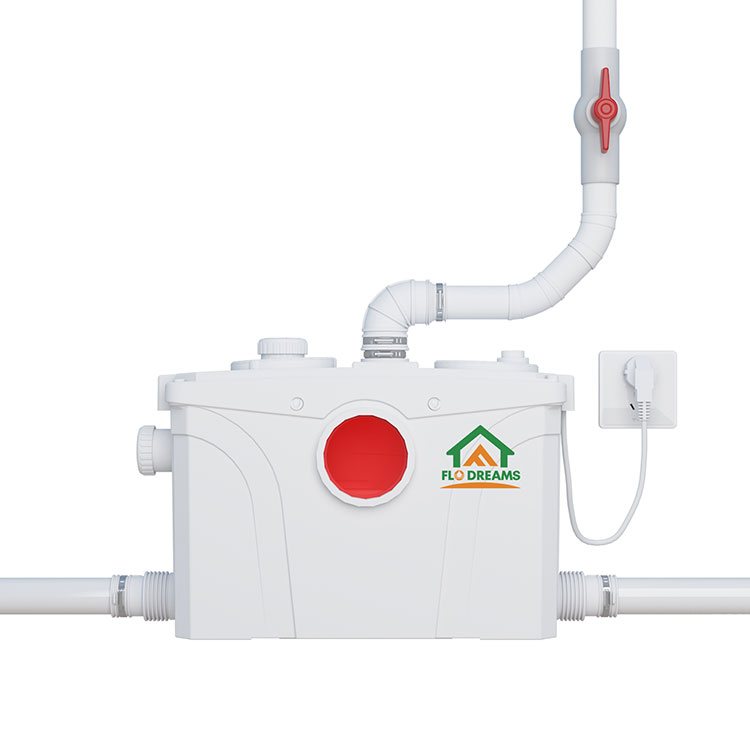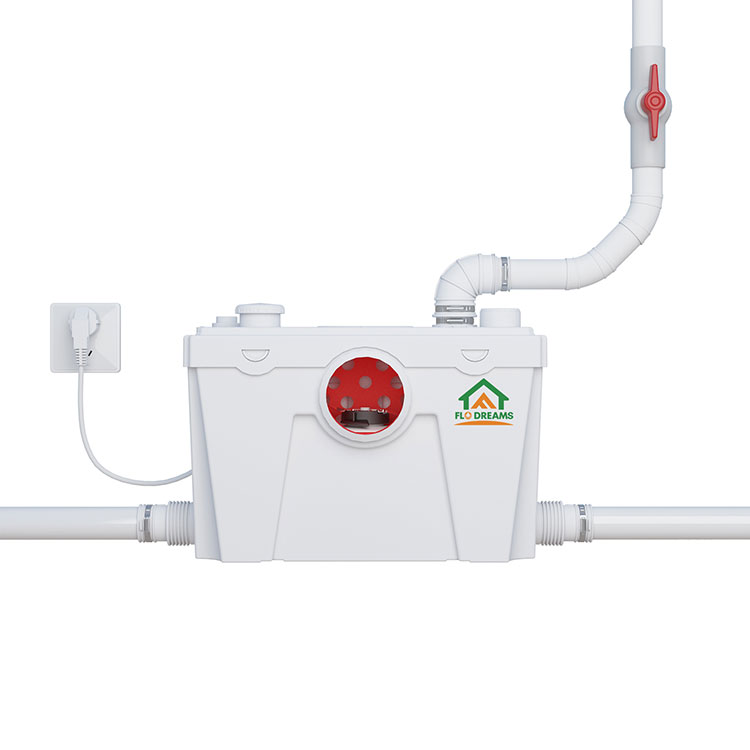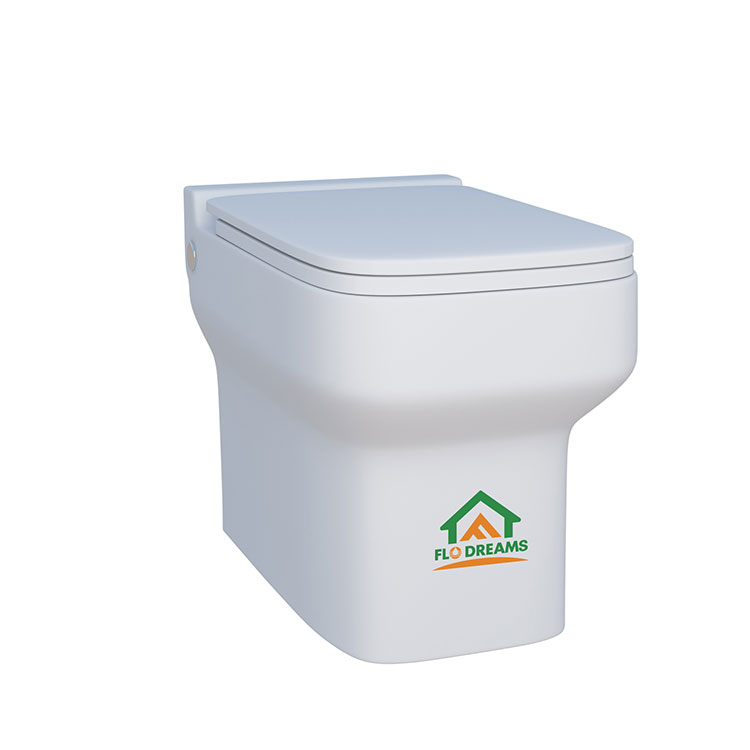There could be several reasons why your marine toilet is not flushing. Here are some possible causes:
Clogged Pipe or Drain
Debris, toilet paper, or foreign objects may have accumulated in the pipes or drain, blocking the flow of water and waste. This is a common issue, especially if too much toilet paper or inappropriate items have been flushed.
For example, if someone accidentally dropped a small object like a toy or a piece of jewelry into the toilet, it could cause a significant blockage.
Faulty Flushing Mechanism
The internal components of the toilet's flushing mechanism, such as the handle, lever, or valve, might be damaged or malfunctioning.
A broken spring or a worn-out seal within the flushing system can prevent proper operation. This could occur due to normal wear and tear over time.
Insufficient Water Supply
If the water supply to the toilet is restricted or insufficient, it won't have enough force to flush effectively.
Maybe there's a problem with the water inlet valve, a kink in the hose, or low water pressure in the overall system.
Buildup of Scale or Mineral Deposits
Over time, scale and mineral deposits can accumulate inside the toilet and pipes, narrowing the passage and reducing the flushing efficiency.
This is more likely to happen in areas with hard water.
Improper Installation
If the marine toilet was not installed correctly in the first place, it could lead to flushing problems later on.
Incorrect alignment of pipes or a loose connection might disrupt the flushing process.
Malfunctioning Vacuum Breaker
The vacuum breaker is an important component that helps maintain the proper pressure balance. If it's not working properly, it can affect the flushing.
Electrical Issues (If it's an electrically operated toilet)
Problems with the electrical circuit, a faulty motor, or a blown fuse could prevent the toilet from flushing if it relies on electricity for its operation.
Seal Leaks
Leaks in the seals around the toilet bowl or in the connection points can cause a loss of pressure and prevent a successful flush.
It's important to carefully inspect and troubleshoot each of these potential causes to determine the exact reason for the flushing problem and take appropriate corrective measures.
 English
English  Español
Español  Português
Português  русский
русский  Français
Français  日本語
日本語  Deutsch
Deutsch  tiếng Việt
tiếng Việt  Italiano
Italiano  Nederlands
Nederlands  ภาษาไทย
ภาษาไทย  Polski
Polski  한국어
한국어  Svenska
Svenska  magyar
magyar  Malay
Malay  বাংলা ভাষার
বাংলা ভাষার  Dansk
Dansk  Suomi
Suomi  हिन्दी
हिन्दी  Pilipino
Pilipino  Türkçe
Türkçe  Gaeilge
Gaeilge  العربية
العربية  Indonesia
Indonesia  Norsk
Norsk  تمل
تمل  český
český  ελληνικά
ελληνικά  український
український  Javanese
Javanese  فارسی
فارسی  தமிழ்
தமிழ்  తెలుగు
తెలుగు  नेपाली
नेपाली  Burmese
Burmese  български
български  ລາວ
ລາວ  Latine
Latine  Қазақша
Қазақша  Euskal
Euskal  Azərbaycan
Azərbaycan  Slovenský jazyk
Slovenský jazyk  Македонски
Македонски  Lietuvos
Lietuvos  Eesti Keel
Eesti Keel  Română
Română  Slovenski
Slovenski  मराठी
मराठी  Srpski језик
Srpski језик 





